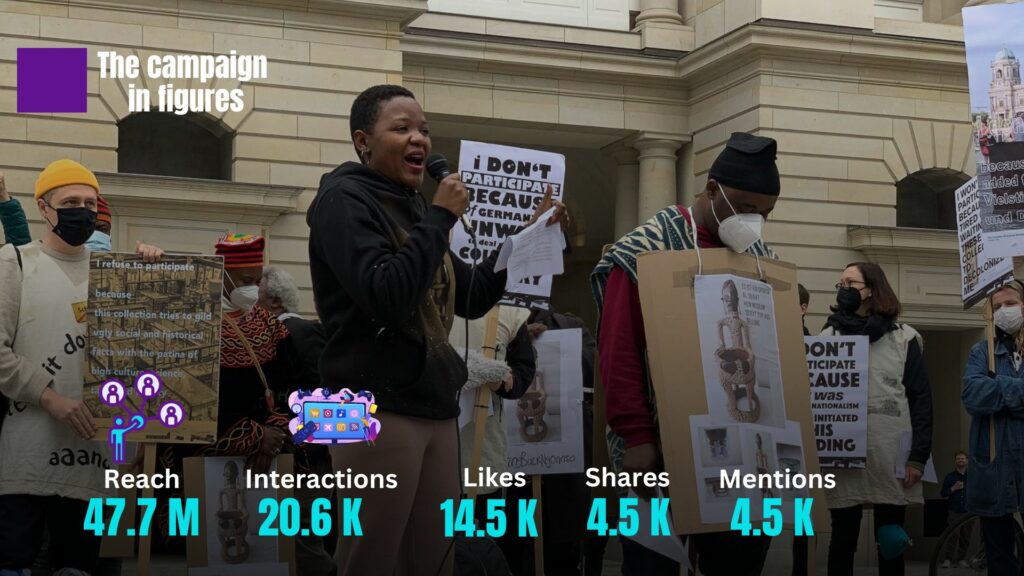A journey that began as an attempt to solve the mystery of numerous colonial identities ended up leading to the end of the earth. The #BringBackNgonnso campaign led by Njobati Sylvie on social media kicked off the Ngonnso restitution in May 2021. Unknown to her that this hashtag would years later blossom into a full-fledged activism movement, Sylvie forged ahead with the strong desire to make her late grandfather’s wish come true and to restore dignity and justice to the Nso community of Cameroon with the return of the Ngonnso.
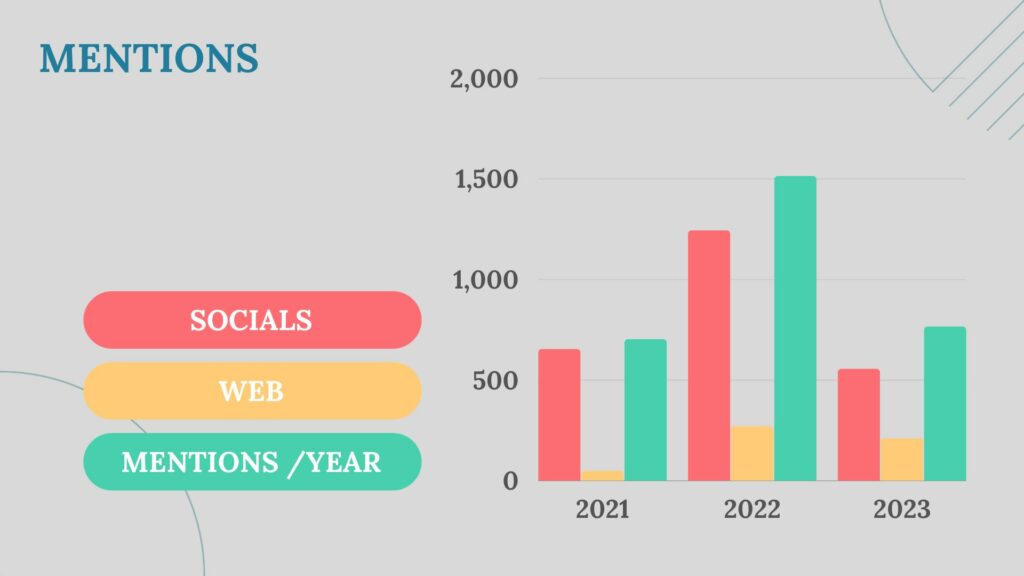
Since then, the online campaign of the Ngonnso has recorded the step-by-step process of the journey to restitution and also made a name for itself as a “prime example of a grassroots-led restitution drive,” as Thomas Fuess, a German expert on restitution, puts it. He further reveals that the Ngonnso restitution “… gives an opportunity for us here in Germany to familiarize ourselves with the dark sides of German history under colonialism and to look for opportunities for how we can right the historical injustices.” The #BringBackNgonnso movement has become a hub of activism, education, and unity, inspiring a global community to rally behind the cause of restitution.
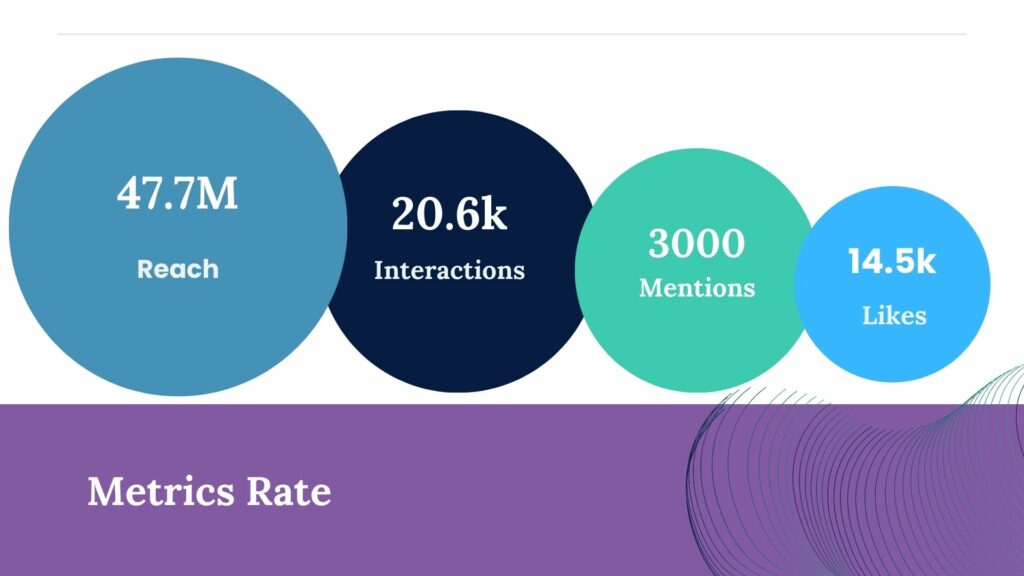
A critical look at the campaign from May 2021, when this cause for action was taken to social media, to August 2023, we can say unquestionably that this campaign has been very successful. The campaign gathered and recorded data from across platforms such as Twitter, Facebook, Instagram, Web, YouTube, Reddit, TikTok, and many others.
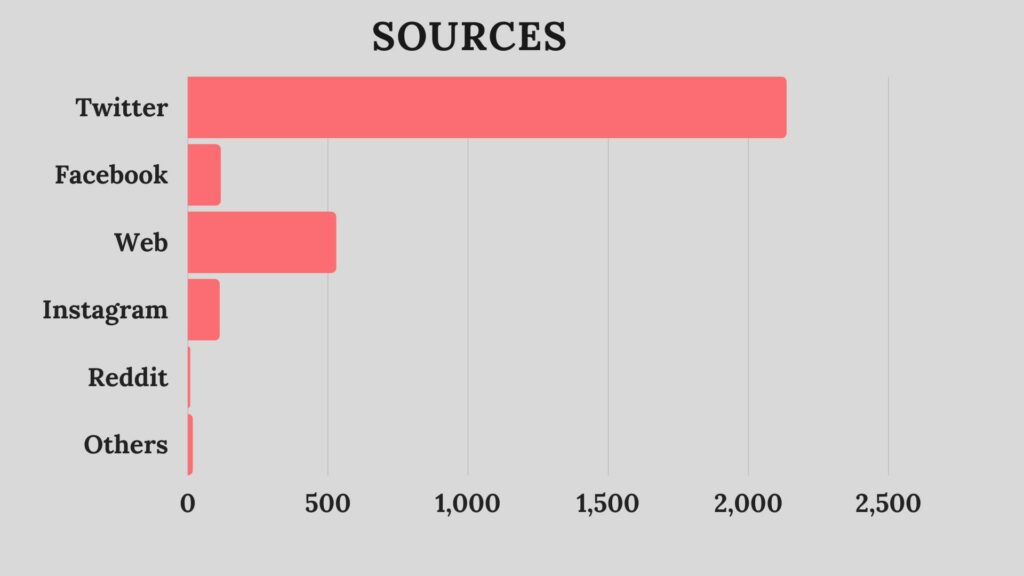
Harnessing the power of social media and digital networking, the #BringBackNgonnso online campaign gained momentum as it caught the attention of (German) restitution stakeholders worldwide. Through passionate multimedia storytelling, the campaign highlighted the significance of the Ngonnso and other looted Nso cultural heritage and its deep-rooted connection to the Nso people. The experiences shared resonated with people from all walks of life, creating a groundswell of support that demanded justice and the return of the Ngonnso alongside other looted (Nso) cultural legacies. The campaign also attracted the attention of international institutions and enlightened individuals eager to address historical injustices. Collaborations were forged, alliances were built, and experts joined the cause to navigate the complex web of international laws and negotiations.
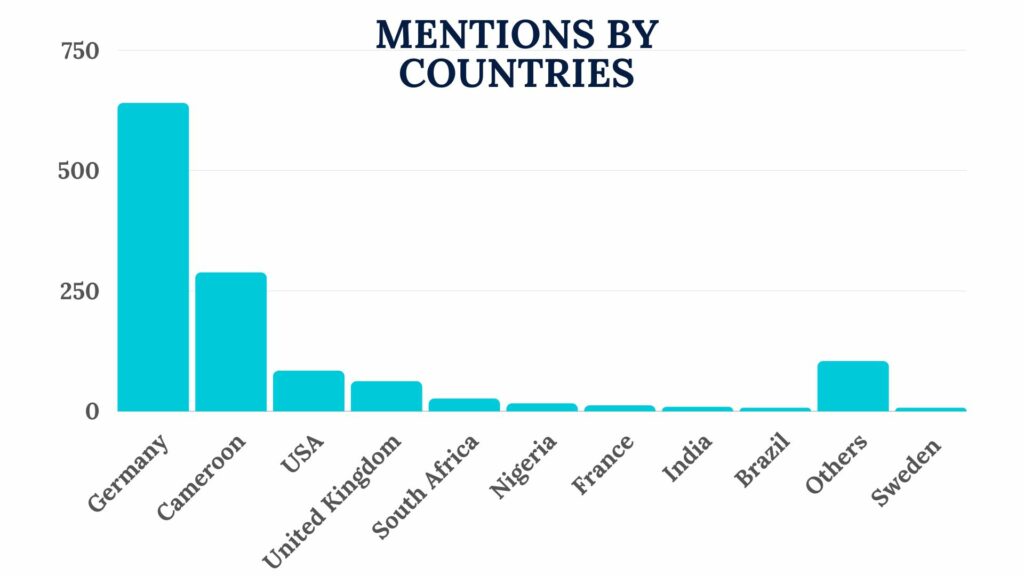
Most importantly, the #BringBackNgonnso campaign bore long-lost fruits through dedication and perseverance, like the decision to return the Ngonnso in June 2022. This and the possibility of returning a number of legacies to the Nso community makes us say proudly that our little effort, which started from a simple hashtag on social media, has become a successful and effective movement.
The impact of the #BringBackNgonnso online campaign extends far beyond the physical restitution of cultural legacies. It serves as a catalyst for justice and reconciliation for wrongs committed during colonial times, fostering a renewed appreciation for their heritage and, according to the Team Manager for the Global Institute for the Restitution of African Heritage of Open Society Foundation, “introducing new ethics in the relationship between Africa and the West”. Post-restitution, these legacies become more than mere objects; they become symbols of resilience, unity, and the triumph of justice to the Nso community and other local and international communities seeking restitution.
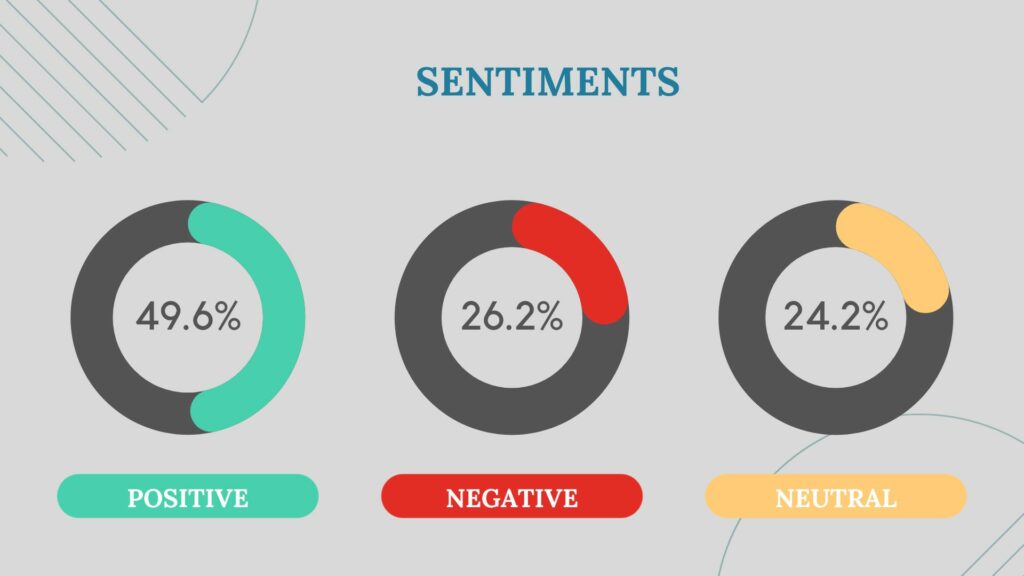
As the campaign continues to grow and inspire others, the #BringBackNgonnso (online) movement stands as a beacon of hope, igniting a global conversation about the importance of restitution and the need to rectify historical injustices.

